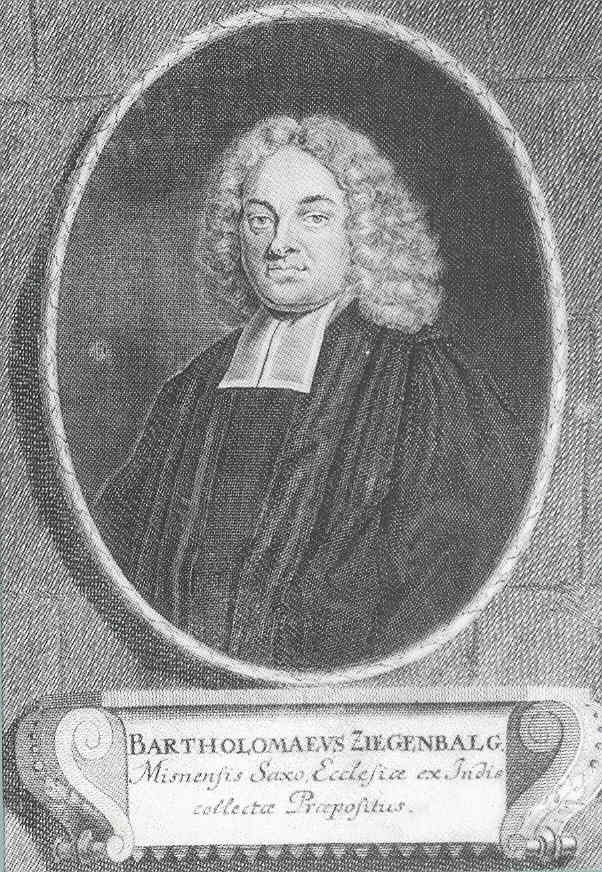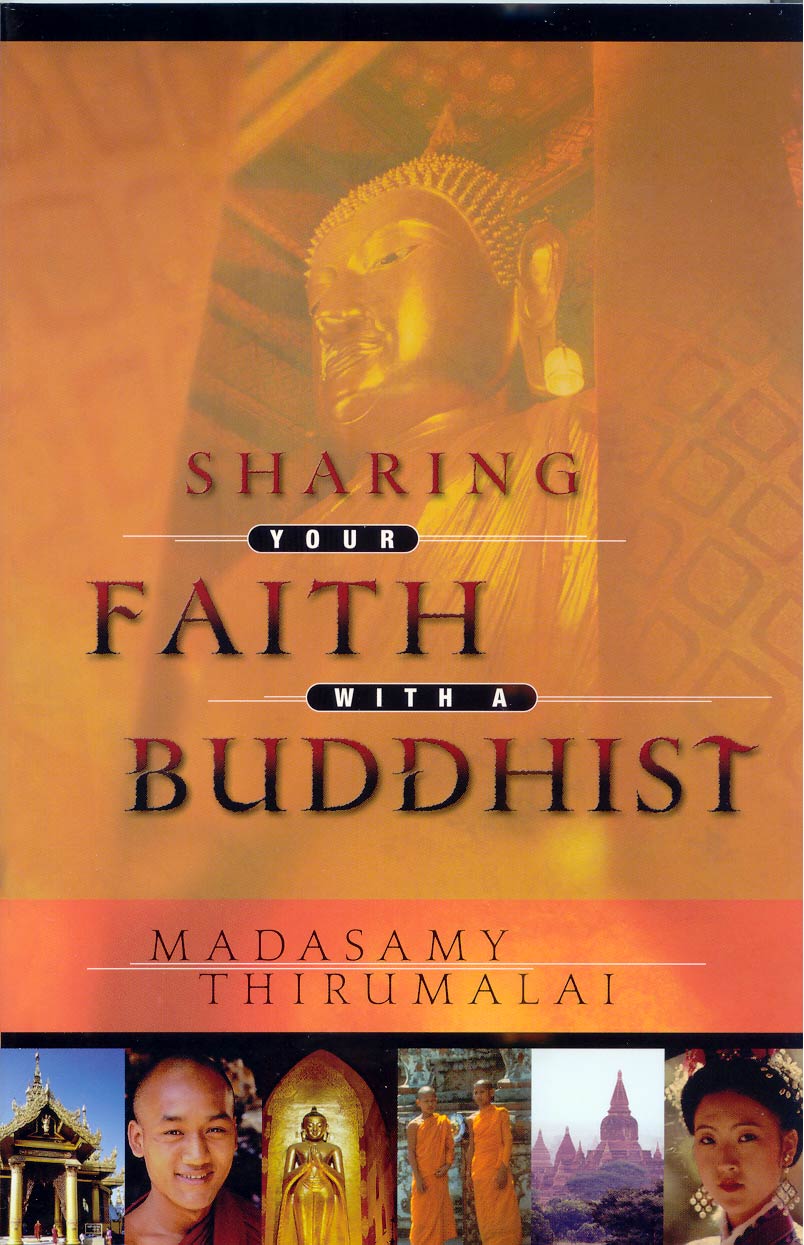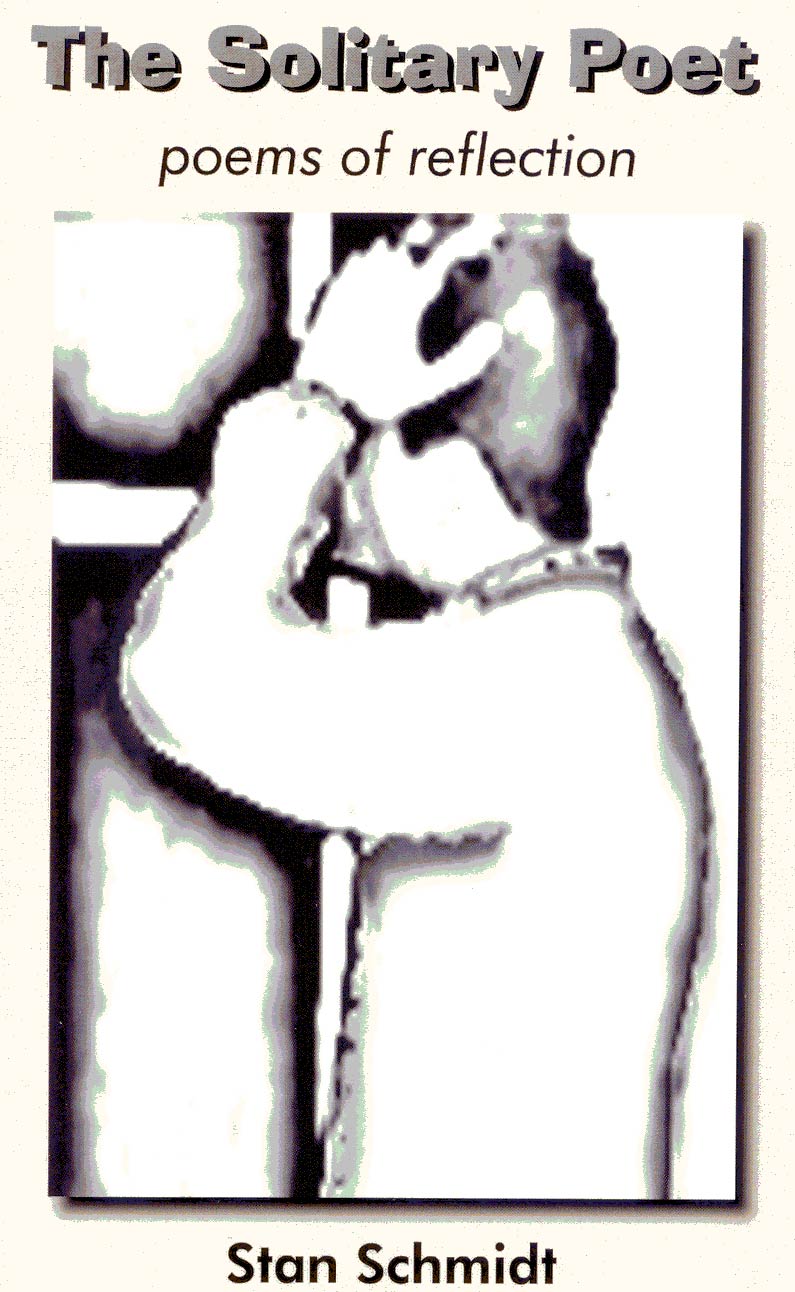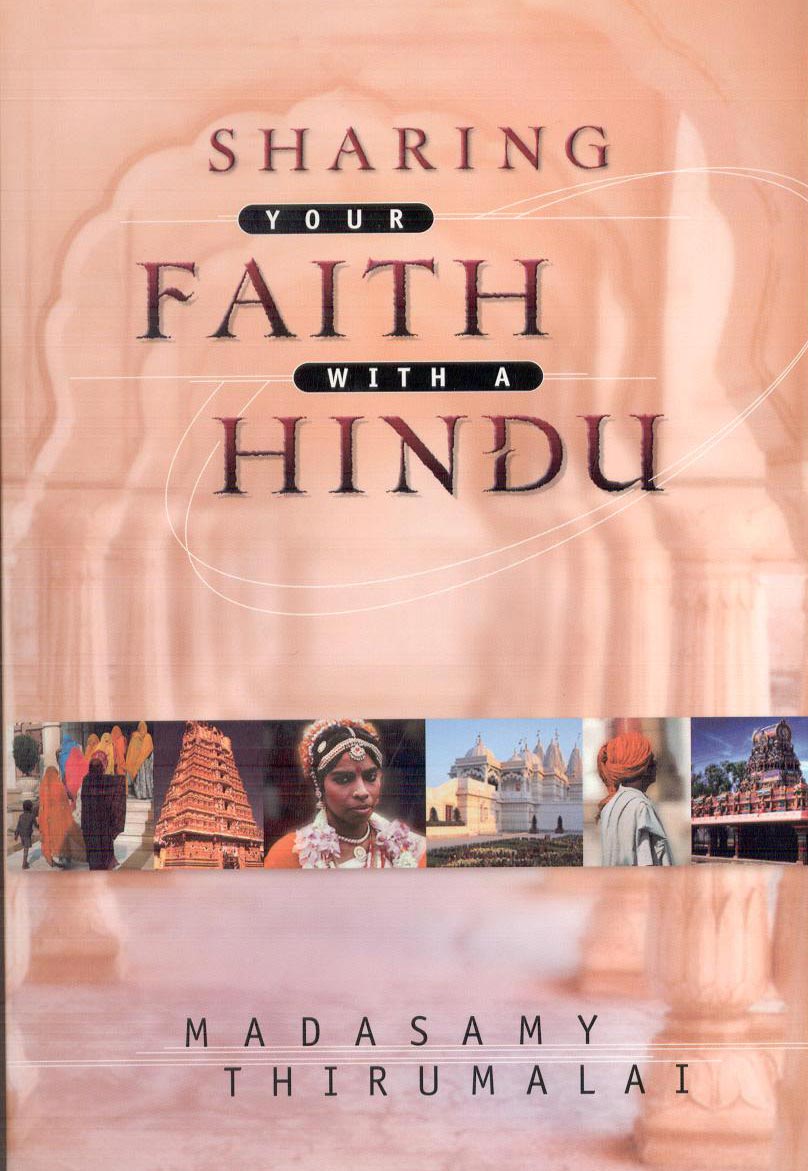AN APPEAL FOR SUPPORT
We invite you to support this ministry. Contributions in support of this Ministry can now be easily sent through PAYPAL. Please click on the PAYPAL LOGO, which will take you to PAYPAL website. Send your contributions to thirumalai@mn.rr.com. Also, please buy your books using the AMAZON link given in every page. Even the smallest contribution will help in running this journal.
BOOKS FOR YOU TO READ
AND DOWNLOAD
- THE LETTER TO THE PHILIPPIANS
Pastor Dave Strem with James Skeen Pastor Dave Strem with James Skeen - THE LAST DAYS OF JESUS' EARTHLY MINISTRY Pastor Dave Strem with James Skeen
- SO, WHAT WILL YOU LEAVE BEHIND? LeRoy Dugan
- Standing on the Shoulders of Giants
Learning From Those Who Preceded Us in Faith Pastor Dave Strem with James Skeen - SAVED BY HIS LIFE
Understanding the Book of Romans Pastor Harold Brokke - MARRIAGE -- Building Strong Lives and Strong Relationships Pastor Dave Strem with James Skeen
- HELP THE HURTING, SUPPORT THE LAME!
Lessons from Isaiah by Pastor Dave Strem, and James Skeen - WARNINGS FOR AMERICA
Lessons from Isaiah by Pastor Dave Strem with James Skeen - THE SPIRIT'S PASSION
A Book of Christ-centered Poems and Free Verse by Pastor Harold Brokke - THE LAW IS HOLY by Pastor Harold Brokke
- WORLD MISSIONS - A HISTORICAL PERSPECTIVE
by Tom Shetler - LIVE A VICTORIOUS LIFE IN THE SHADOW OF THE CROSS! : INTERCESSION, WARFARE, AND DELIVERANCE
by Pastor Ted Hegre. - MISSING PIECES: THE INCOMPLETE GOSPEL by LeRoy Dugan
- LUTHER'S PROTEST by M. S. Thirumalai
- TELL ME IT'S TRUE ...
A Book Of Poems by Stan Schmidt - SOMETHING IS GREATER THAN WONDERS...
A Book Of Poems & Free Verses by Pastor Harold Brokke - GEMS OF TRUTH by Stan Schmidt
- WHERE IN THE WORLD IS GOD? by Alec Brooks
- LIGHT OF THE WORLD, an Original Screenplay by W. G. Orr
BACK ISSUES
- INDEX OF ARTICLES FROM NOVEMBER 2001 TO OCTOBER 2005
- INDEX OF AUTHORS AND THEIR ARTICLES FROM NOVEMBER 2001 TO OCTOBER 2005
SEND YOUR ARTICLES FOR PUBLICATION IN Christian Literature and Living.
- E-mail your articles and book-length reports to thirumalai@mn.rr.com.
- Your articles and booklength reports should be written, preferably, following the MLA Stylesheet.
- The Editorial Board has the right to accept, reject, or suggest modifications to the articles submitted for publication, and to make suitable stylistic adjustments. High quality, academic integrity, ethics, and morals are expected from the authors and discussants.
Copyright for the journal © 2005
M. S. Thirumalai
You can easily access all the back issues, articles, and books published in CHRISTIAN LITERATURE AND LIVING by clicking on the BACK ISSUES link given on every page.
THREE HUNDRED YEARS OF EVANGELIZATION IN INDIA
THE FIRST PROTESTANT MISSIONARY TO INDIA
BARTHOLOMAEUS ZIEGENBALG
M. S. Thirumalai, Ph.D.

THE FIRST PROTESTANT MISSIONARIES TO INDIA
Bartholomaeus Ziegenbalg was born in 1683 in Pulsnitz in Germany and was sent as a missionary to the Tranquebar port, a small Danish colony on the east coast (Bay of Bengal) in Tamilnadu, by the King of Denmark and Norway in the year 1705. There were other European ministers before him who ministered in various European settlements in India, but their work was only among the European tradesmen, artisans, and soldiers, and not among the Indian nationals. Ziegenbalg and his older companion, Plutschau, were the first missionaries. Plutschau did not have the initiative to embark on missionary work, and returned to Germany after five years to pursue a pastoral career showing no further interest in any missionary work.
ARRIVAL IN INDIA 300 YEARS AGO
Ziegenbalg (and Plutschau) left Denmark on 29 November 1705 and arrived in India on the 6th of July, 1706. Thus began a vibrant missionary engagement with the Hindus, Muslims, and various sorts of animist and cultic groups in the Indian subcontinent, which has now resulted in the worship of the Lord Jesus Christ by over forty million people in India.
That there is tremendous church growth in recent years in India is attested in many documents issued by the Census of India, as well as the opponents of the Christian faith. Christians in India and their brothers and sisters in Christ around the world pray for a still grater breakthrough for the glory of God in India. As India does not issue any missionary visas, short term missionaries and tent makers play a more crucial role in the spread of the Gospel of Jesus Christ. The life and work of Ziegenbalg is a great inspiration and light to all those who wish to preach the Gospel of Jesus Christ in India.
MEETING WITH SEVERE RESISTANCE FROM THE DANISH AUTHORITIES IN TRANQUEBAR, INDIA
Upon arrival in Tranquebar port, Ziegenbalg and Plutschau met with severe resistance from all quarters including the local Danish governor of the colony. The governor and the Danish East India Company did not want any "disturbance of the peace" through the teaching of the Gospel. They already had established some "understanding" with the local Roman Catholic Church, and the arrival of these Protestant missionaries certainly meant trouble. Also the missionaries were from the Pietist persuasion, which encouraged spontaneous prayer, intensive Bible study, and baptism after catechism, which went against the traditional Protestant practices of that time. At one time during this early period, Ziegenbalg was beaten by the local Danish officials, and put in jail for four months for his daring missionary pursuits!
ZIGENBALG -- A YOUNG MAN OF ONLY 23 YEARS!
Ziegenbalg was only 23 years old when he arrived in India. He never enjoyed wholesome health, even in Germany. He had good theological training in the Pietist tradition, and nothing else. He did not know the local language (Tamil), nor did he know Portuguese, the language of wider communication at that time in India among the Europeans and also their trading subjects in India. Upon arrival in Tranquebar, Ziegenbalg immediately plunged himself into learning Portuguese and Tamil, and was able to communicate with the nationals to some extent in a few months. He enrolled himself in a local Tamil traditional school for children as a student, a 23 year old among the very young Tamil children, sitting on the floor and learning from the monolingual Tamil teacher! The school actually moved into his house.
USE OF PORTUGUESE AND TAMIL
Ziegenbalg began preaching in these two languages before he could achieve any mastery over them. That means that he started his evangelistic career within just a few weeks after his arrival. Such was his earnest dedication and determination that he always displayed to give the Gospel to the nationals. Nothing - poor health, lack of money and other support, intense heat, separation from his country or from food that was familiar to him or prison and even threats from the local upper caste Hindus - would stop him from this task of bringing souls to God's kingdom. Ziegenbalg didn't want to postpone giving the Gospel simply because he was still only in the process of learning the local language. He must do what the Lord called him to do at any cost.
The cost was indeed heavy, and this first Protestant Missionary to India would die young not even completing the age of 36, while serving the Lord in Tranquebar, leaving behind a young wife and two children.
EARLY FAULTY BEHAVIOR AND METHOD OF EVANGELIZATION
Despite his early faulty behavior such as breaking the clay idols that he came across in parts of the town, the nationals were largely friendly to him, because, like them, he was also shunned by the local authority, and also because he was accessible and hospitable to all. His house was an open house to which all were welcome. They found him to be an earnest learner and admirer of their language, Tamil, collecting books on and in that language, etc. He engaged his guests in lively conversations about his own faith and pursued a diligent enquiry of their faith.
EARLY SUCCESS AND EXPANSIVE MISSIONARY WORK
Ziegenbalg had success early in his evangelistic pursuit in Tranquebar among the nationals. Several turned to Christ. His earnest desire was a quick success in bringing large number of Hindus to Christ. However, he found out that it was hard to convince the adult Hindus about the exclusive divine authority of Jesus Christ and His saving grace. And so he felt in his heart that winning souls for the Lord Jesus Christ might have to begin with young children. Moreover, he had developed a sincere interest in preserving the Tamil language. So, he turned his eyes toward establishing a school where children of the nationals would come and learn their Tamil language as well as modern European knowledge, and Christian morals and ethics. He was interested in spreading literacy among the Tamils, which he thought would help eradicate superstitions and help spread the Christian message. Ziegenbalg started his first school for children on October 1st, 1706 just within three months of his arrival in India. Since Ziegenbalg and Plutschau were not given any extra money to do their ministry, they used half of their salary every month to run the school and other ministry activities. It only meant additional suffering for them in terms of daily living, but these dedicated men did not worry about such things and looked only toward the progress of the Gospel in the land to which the Holy Spirit brought them.
DECIDED ON SETTLING DOWN IN INDIA AS A LIFE-LONG MISSIONARY
Ziegenbalg and Plutschau came to India only for three to five years. Plutschau left for Germany at the end of the fifth year, but Ziegenbalg wrote early on in his letter dated the 12th of September, 1707, that he would remain in India for his life! So did he, despite all problems of finance, ill health, heat, and continuing hostility from the Hindus until his death thirteen years after his arrival in India.
A PIONEER IN MANY FIELDS
Ziegenbalg was a pioneer in many fields, apart from his evangelistic work among the Indian nationals. He set up schools where all children, irrespective of caste and religion, could sit together and learn from the local teacher. The curriculum adopted in the school was innovative. He wrote a Tamil grammar as well as a dictionary of Tamil. He also collected a large number of Tamil texts written on palm leaves. His collection of texts at that time, spending his scarce resources, was an exemplary act. He wrote several tracts in Tamil, and also wrote in German a detailed study of Hindu beliefs and manners, which today is a major source material to understand the life and times of three hundred years ago among the Tamils. He set up a modern printing press in Tranquebar to print German, Portuguese, and Tamil materials. He even distributed the Portuguese materials printed in Tranquebar in Brazil! His translation, printing, and distribution of the New Testament in Tamil were an epoch making event, not only for the spread of the Gospel in India, but also in the history of Tamil language. Prose became the major channel of literate expression in that language through the subsequent Christian missionary work. Until that time, it was through poetic form that even science materials were written and taught. More than anything else, the Holy Spirit made use of him to establish the first Protestant church for the Indian nationals on the soil of Tranquebar called New Jerusalem.
FURLOUGH IN EUROPE AND MARRIAGE - FACING THE OPPOSITION FROM THE MISSION BOARD
During his furlough in Europe, Ziegenbalg married Maria Dorothea Salzmann, known to him for many years. They arrived in Tranquebar on the 1st of September, 1716. Life in this phase was more demanding with inadequate monetary support and reproofs from the Missions Board in Europe. His own mentor in Halle, A. H. Francke, a great Pietist leader wrote to him, "the printing of the 'Genealogy of the South-Indian Gods' [a book by Ziegenbalg after much research] was not to be thought of, inasmuch as the Missionaries were sent out to extirpate heathenism, and not to spread heathenish non-sense in Europe" (Neill 1985:33). [In a sense Francke was right! Later on German scholars such as Max Mueller would do the very same thing, giving a foothold for the New Age movements in Christian communities through research and appreciation of the Hindu and Buddhist religion.] Christopher Wendt, the secretary of the mission council in Copenhagen, attacked him for alleged shortcomings vehemently, which indeed broke the body and spirit of this dedicated young missionary.
RIDICULE OF ZIEGENBALG BY CATHOLIC MISSIONARIES
Ziegenbalg did his best to balance his duties to his family with ministry demands. The competition between the Protestant missionary effort and the already well-established Catholic Church was heating up, and Ziegenbalg was made the subject of derision in many ways. One Roman Catholic cartoon "showed him wanting to go out to the Indians but his wife holds him back by his coat and his children lie crying at his feet" (Singh 1999:37). Ziegenbalg and Maria had three children, two of them died in infancy. One of these children actually died soon after his death. His surviving son became a professor of mathematics in Germany and would return to India later in his life to work in Serampore, long before the arrival of William Carey, the father of the modern missionary movement in that small Danish enclave near Calcutta.
THE END OF A DEDICATED LIFE
Ziegenbalg knew that his end was near; the treatment for his stomach ailment was failing. Twelve days before his death, he made arrangements for the mission work to continue long after his death by handing over his charge to another missionary. On February 23, 1719, thirteen years after his arrival in India, Ziegenbalg breathed his last breath and went home to be with his Master who had called him to cross the seas to serve Him faithfully and diligently. He was surrounded by his family, co-workers of both Europe and India, who all sang his favorite German hymns as his journey toward Jesus Christ began.
Ziegenbalg faced innumerable hardships for the spread of God's Kingdom but always wanted a national church to be planted and nourished. He dearly loved the Tamils and their literature and language. He made a sincere effort to understand their belief systems and the Hindu religion. He planned for their future well being both spiritually and materially. His faith was always accompanied by his earnest works. And he laid the foundations for future Indian Christian theology and a glorious Church. He was always in a hurry to accomplish what the Lord had put in his heart. Perhaps he knew in his spirit that he was given only a short life and a mission that was truly short term with magnificent results, which the generations to come will celebrate as an everlasting gift from God.
REFERENCES FOR FURTHER READING
Stephen Neill. A History of Christianity in India 1707-1858. Cambridge: Cambridge University Press, 1985.
Brijraj Singh. The First Protestant Missionary to India: Bartholomaeus Ziegenbalg, 1683-1719. New Delhi: Oxford University Press, 1999.
CLICK HERE FOR PRINTER-FRIENDLY VERSION
THREE HUNDRED YEARS OF EVANGELIZATION IN INDIA - THE FIRST PROTESTANT MISSIONARY TO INDIA | TAKE THE ELEVATOR | IF I HAD BEEN AT CALVARY | GOD'S WILL - What does the Bible say about it? How can I experience it? | THE CONTENT OF FAITH | ACCEPTANCE OF IDOL OR IMAGE WORSHIP WITHIN THE CHURCH - NICENE AND POST-NICENE FATHERS | SHAPED BY GOD | HOME PAGE | CONTACT EDITOR
M. S. Thirumalai, Ph.D.
Bethany College of Missions
6820 Auto Club Road, Suite C
Bloomington, MN 55438, USA
thirumalai@bethanyinternational.org
Send your articles
as an attachment
to your e-mail to
thirumalai@mn.rr.com. You must give your e-mail address in the body of your article, and also a declaration that the article is not published earlier. We do not accept the previously published articles for publication in CHRISTIAN LITERATURE AND LIVING, except under special circumstances and contexts.




